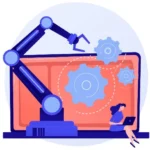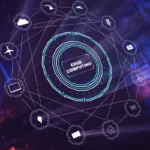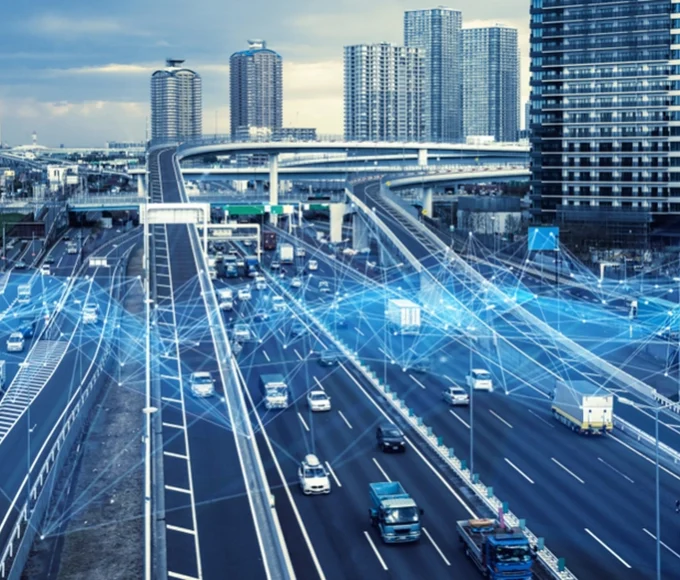In the rapidly evolving landscape of education, Artificial Intelligence (AI) has emerged as a transformative force, revolutionizing traditional teaching methods and ushering in an era of automation and efficiency. AI technologies are being integrated into various aspects of education, from administrative tasks to personalized learning experiences, offering educators and students a host of benefits that enhance efficiency, engagement, and overall educational outcomes.
Automated Administrative Tasks:
One of the primary areas where AI is making a significant impact is in the automation of administrative tasks. AI-powered systems can efficiently handle routine administrative responsibilities such as grading, scheduling, and data management. This allows educators to redirect their time and energy towards more impactful activities, such as providing personalized attention to students, creating innovative teaching materials, and fostering a dynamic learning environment.
Personalized Learning:
AI facilitates personalized learning experiences by analyzing individual student data to tailor educational content to their unique needs and learning styles. Machine learning algorithms can identify patterns in student performance and behavior, enabling educators to create customized learning paths. This personalization not only addresses the diverse needs of students but also enhances their overall learning experience, making education more engaging and effective.
Adaptive Learning Platforms:
Adaptive learning platforms powered by AI have gained popularity for their ability to dynamically adjust content based on a student’s progress. These platforms assess a student’s strengths and weaknesses, adapting the difficulty level of tasks and providing targeted feedback. This adaptability ensures that students receive the right level of challenge, promoting a more efficient learning process and reducing the likelihood of frustration or boredom.
Automated Tutoring and Support:
AI-driven chatbots and virtual assistants are being employed to provide instant support to students. These tools can answer queries, provide explanations, and offer guidance on various subjects. Automated tutoring systems, powered by natural language processing capabilities, are making it possible for students to receive assistance outside of regular classroom hours, fostering continuous learning and a more efficient use of time.
Predictive Analytics for Student Success:
AI’s predictive analytics capabilities enable educators to identify students at risk of falling behind or struggling academically. By analyzing various data points, such as attendance, assignment completion, and assessment scores, AI systems can provide early warnings, allowing educators to intervene proactively and provide targeted support. This data-driven approach contributes to better student outcomes and helps educators address challenges before they become insurmountable.
Efficient Resource Allocation:
AI assists educational institutions in optimizing resource allocation by analyzing data on student performance, preferences, and engagement. This information helps institutions make informed decisions about course offerings, resource distribution, and staffing, ensuring that resources are allocated efficiently to meet the evolving needs of the student body.
The integration of AI in education heralds a new era of efficiency and innovation. By automating routine tasks, personalizing learning experiences, and providing valuable insights through data analysis, AI is transforming education into a more dynamic and effective process. As educators and institutions continue to embrace these technologies, the potential for improved student outcomes and a more engaging learning environment becomes increasingly promising.
As we move forward, the synergy between human expertise and AI capabilities promises to redefine the educational landscape, preparing students for the challenges of an ever-changing world.
















Leave a comment